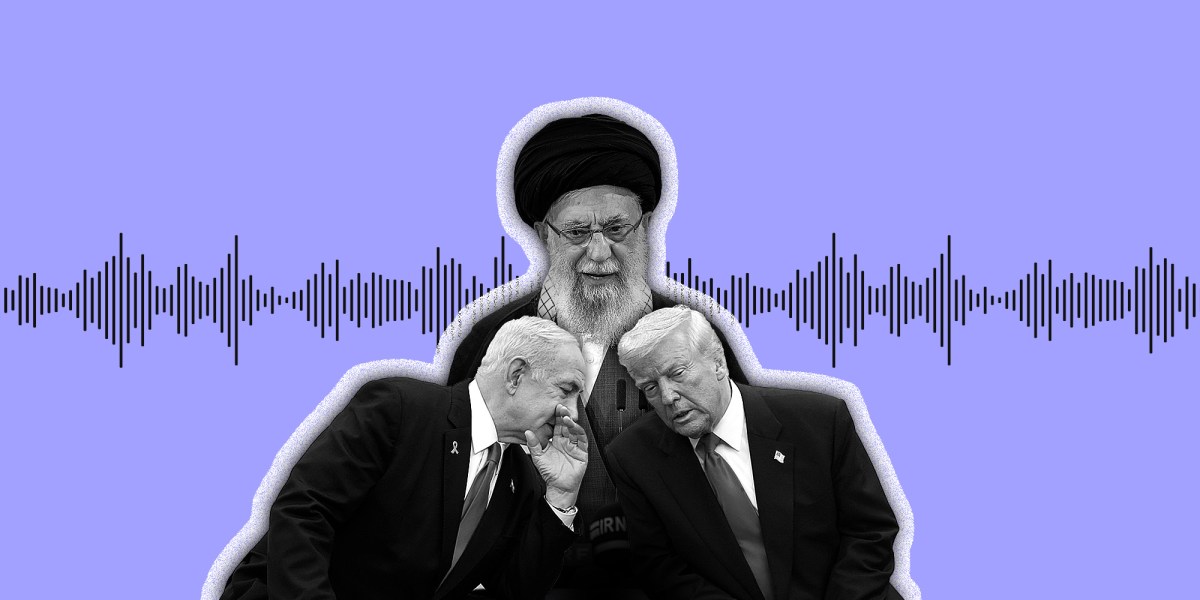A precarious ceasefire between Israel and Iran, announced on Monday, appears to be stabilizing. President Donald Trump made the announcement after taking unilateral action that pulled the U.S. into the conflict, authorizing airstrikes on three Iranian nuclear facilities using 30,000-pound bunker buster bombs.
The tension escalated following an Israeli attack on Iran on June 13, mere days before the two nations were set to resume negotiations in Oman regarding Iran’s nuclear enrichment program.
Hooman Majd, an Iranian American author and contributor to NBC News, reflected on these developments, stating, “You don’t have to be anti-war to understand that diplomacy in this case would’ve been better.” Majd has written extensively about Iran, including coverage of the 2015 nuclear deal.
In an appearance on The Intercept Briefing with host Akela Lacy, Majd analyzed the remnants of diplomatic pathways following years of disruption, noting both Israel’s military tactics and Trump’s withdrawal from the 2015 nuclear agreement.
The Joint Comprehensive Plan of Action, known as the Iran nuclear deal, was designed to impede Iran’s nuclear weapons development efforts. Majd emphasized the benefits of the agreement, including enhanced transparency and inspections of Iranian nuclear sites, and the reintegration of Iran into the global economy: “What Obama recognized was, ‘Look, if you guys make this deal with us, your incentive to not build a bomb is very clear. … Inflation will go down. Your people will be happier. The economy won’t be suffering the way it is. Sanctions will be lifted. You’ll make money from oil sales. We’ll have international companies coming and investing in Iran.’”
However, in 2018, Trump withdrew from the agreement, which disrupted any remaining trust. Majd lamented, “The problem here is that with the Trump administration having once withdrawn from the nuclear deal that was working, and having now agreed to Israel attacking Iran, and then attacking Iran itself — there’s no trust in diplomacy anymore on the Iranian side, and that’s understandable.”
With reports indicating that Trump is prepared to resume talks with Iran next week, questions linger about the durability of the ceasefire. This concern is amplified by Israel’s history of breaking truces and Trump’s unpredictable nature.
Majd suggested that any resolution may hinge on Trump’s personal ambitions, noting, “The only way it could be over, and this is unlikely, is that the U.S. under President Trump makes a deal that makes Mr. Trump very happy, puts him along the path to his Nobel Peace Prize. And he, who’s the only one right now, can prevent Israel from attacking Iran again.”

